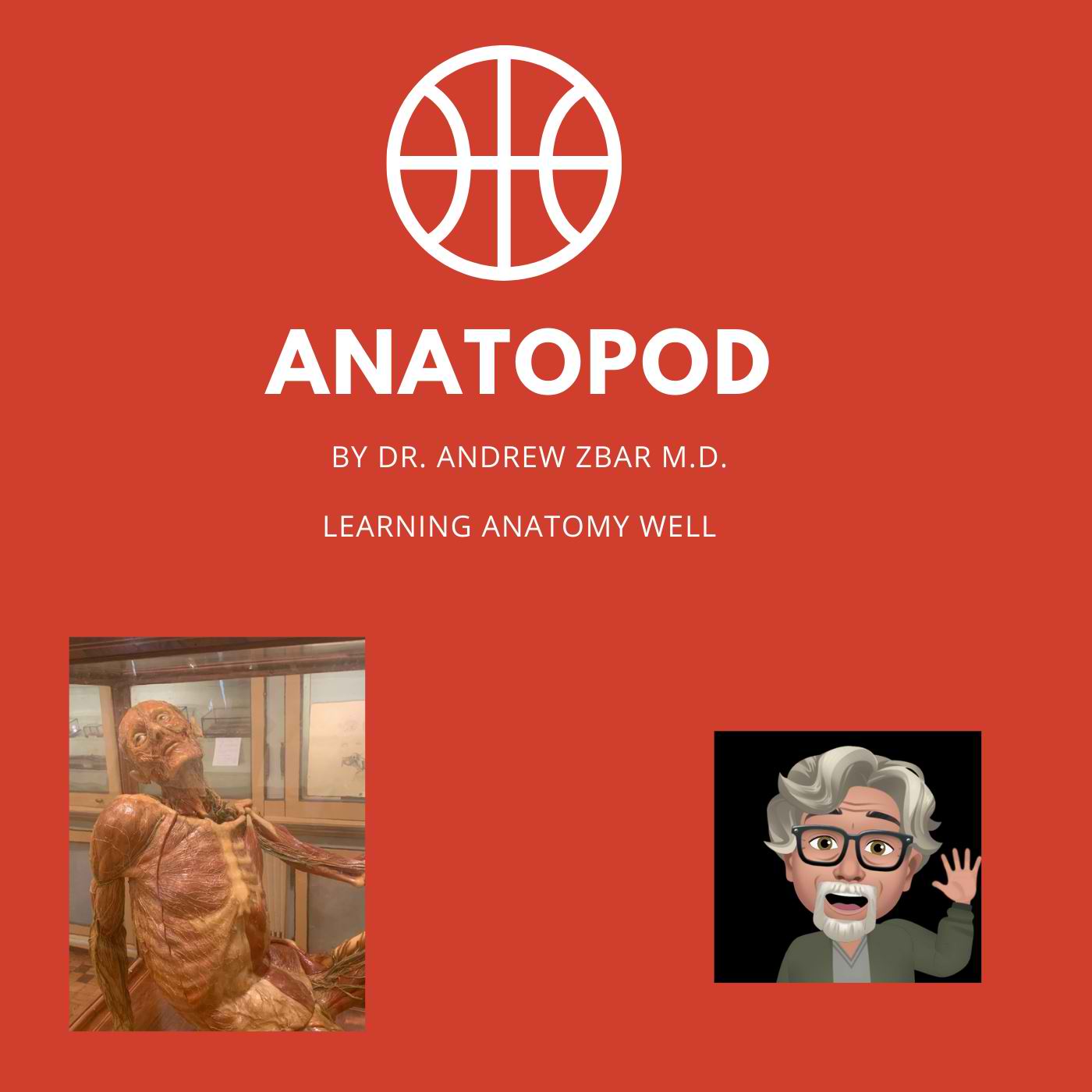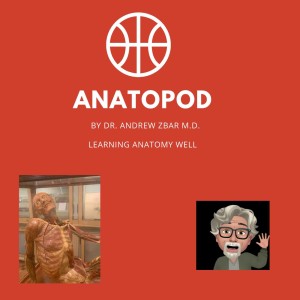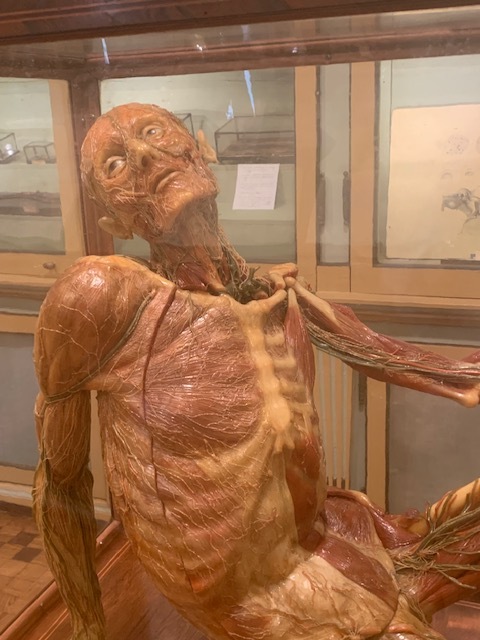
20.2K
Downloads
91
Episodes
Welcome to a new and exciting Podcast called ANATOPOD designed to teach anatomy. ANATOPOD aims not just to teach anatomy well to a high and practical level but also to introduce the history of anatomy and dissection of the cadaver. I appreciate that anatomy is a visual tradition but it wasn't always like that. In the Renaissance, anatomy was taught from textbooks written by the Greek Galen in the first century A.D. Perhaps it might seem unusual to revert anatomy teaching to an aural basis but it is recognized too that in this modern age anatomy departments in universities all over the world are dispensing with their raision d’être, the cadaver, replacing it with surrogates and models. We still do not know the effects of this change on the care of our patients but what we do know is that the cadaver is part of our death culture as much as it touches so many other aspects of society at large.
Episodes

Tuesday Feb 09, 2021
Tuesday Feb 09, 2021
Part 2 of the Anatomization of Art considers how differences in the personality of Leonardo and Michelangelo influenced their ability to dissect the corpse. By the end for Leonardo there was more legend than influence from a mind whose genius Goethe (1749-1832) had written "müde sich gedacht" (had thought itself weary). The science historian George Sarton (1884-1956) wrote of Leonardo that [his] “originality was due not only to his inherent genius, to the penetration and comprehensiveness of his mind but also to his ignorance”.
But in his haze of cosmic misunderstanding, how blissful to be so ignorant!
Of Michelangelo, it might be said that he was more of a man of the people, blessed (or perhaps cursed) with the common frailties and conceits that made him and his work more accessible. According to his biographer Ascanio Condivi (1525-1574) Michelangelo dissected through need. But Leonardo dissected through passion.

No comments yet. Be the first to say something!